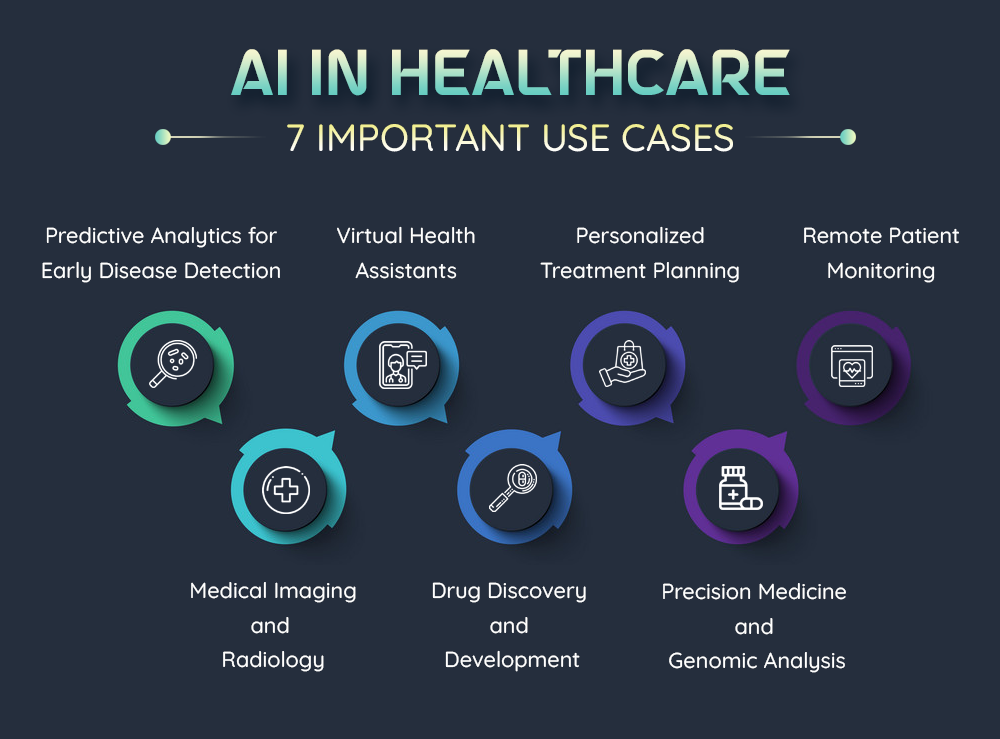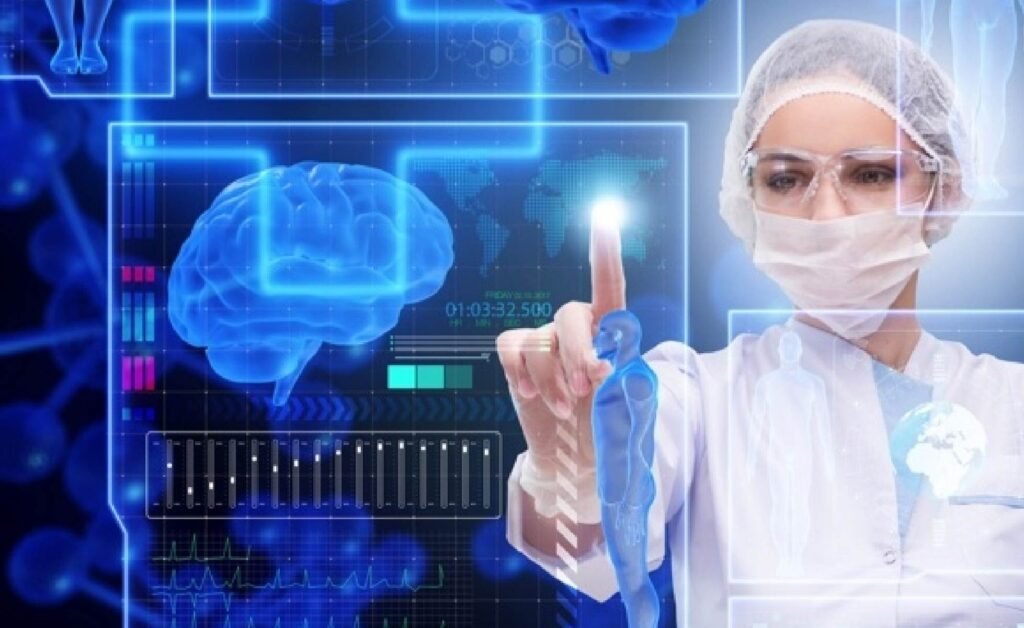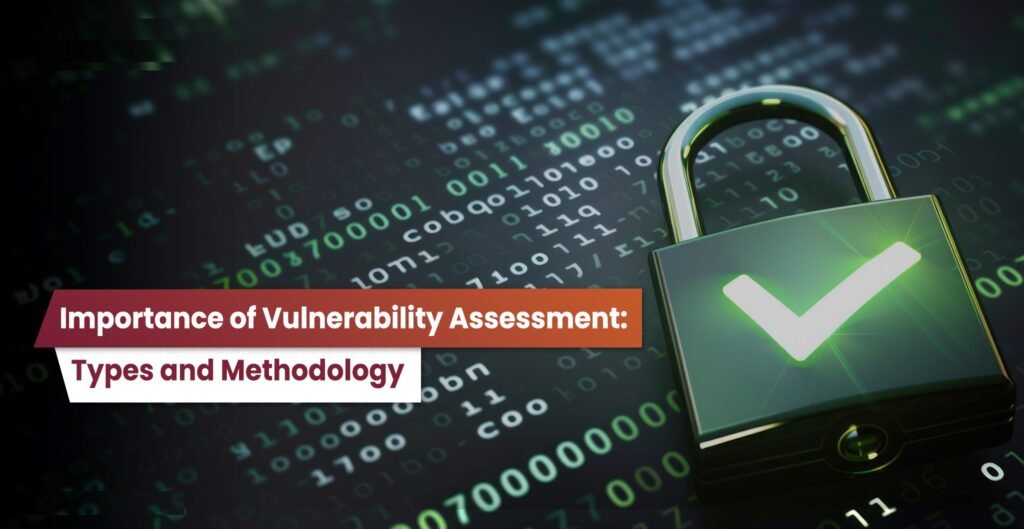Hours delivered back to the business
SOX compliance in Settlement process automation
Success rate of bot case completion
For functional release of OBT, RTS and OGS
Thus, there would have been earlier detection of COVID-19 cases and possibly a more proactive response from healthcare authorities.
- Predictive Modelling: AI algorithms would have created a model on the spread of the virus more accurately, based on which policymakers would have made informed decision curtailing the outbreak further.
- Drug Discovery and Vaccine Development: AI would have accelerated the research to identify promising drug candidates and potential treatments much faster as they would have analysed vast amounts of biomedical data in no time.
Thus, like these AI would have powered supply chain management systems for faster distribution of medical supplies, personal protective equipment (PPE) kits, and other essentials.
AI would have powered telemedicine by improving diagnosis accuracy through remote symptom analysis and offering personalized treatment based on individual data. This would have reduced the risk of virus transmission in healthcare settings and improved access to medical care for those in quarantine or lockdown.
AI could have played a role in analysing and debunking misinformation about the virus. This would have helped in promoting accurate information and combat rumors and conspiracy theories.
Overall, it’s clear that AI would have save millions of lives by averting global health crises. Such is the power of Artificial Intelligence in healthcare.
Anyway, let bygone be bygone. Now that we know the power of AI, we are well positioned to tackle future health crisis. All we need to do is start now. In this blog, we will be exploring the uses and implementation of AI in the healthcare industry. Also, as a leading emerging tech company in India, we will also share tips a guideline on how you can implement AI in your healthcare business. Let’s start.







